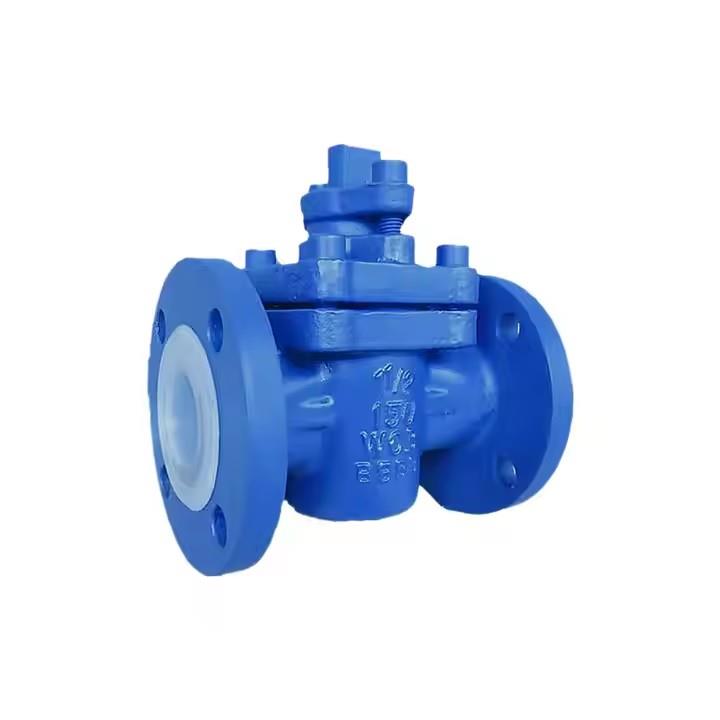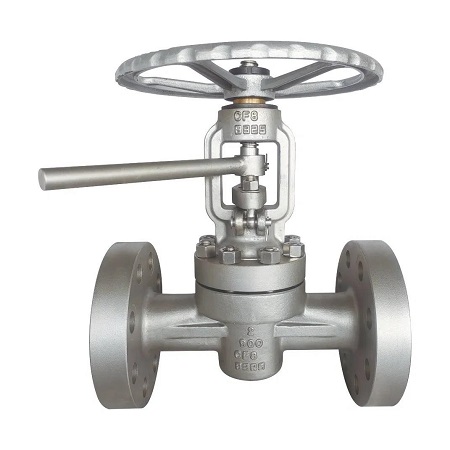Fluorine-lined Quality Super Stainless Steel Plug Valve

Way Valve supplies quality super stainless steel plug valves that control the on-off of the fluid by rotating the plug body, which have the characteristics of simple structure, rapid opening and closing, and small fluid resistance.
The shape of the plug of the valve can be cylindrical or conical, and the shape of the passage is also different accordingly. The passage of a cylindrical plug is generally rectangular, while the passage of a conical plug is trapezoidal. These designs make the structure of the plug valve lightweight, but it may cause a certain amount of fluid loss.
Main features of Way Valve quality super stainless steel plug valves.
Fluorine-lined plug valves are advanced block valves designed for handling corrosive fluids. Featuring a robust fluoropolymer lining, these valves offer exceptional chemical resistance and durability, ensuring that the internal components remain protected from aggressive mediums. With a simple yet effective design, they provide reliable sealing and easy operation, available in manual, electric, or pneumatic configurations. Their versatility makes them ideal for applications in the chemical, pharmaceutical, and petrochemical industries, delivering ultimate performance and safety in demanding environments.
Product Description
| Application | General |
| Power | Manual |
| Customized support | OEM, ODM |
| Temperature of media | High Temperature, Low Temperature, Medium Temperature, Normal Temperature |
| Media | Water |
| Port Size | DN150 |
| Color | Customized |
| Size | Customized |
The data is for reference only, please consult sales@wayvalve.com for details.
The applications of our high quality stainless steel plug valves.
Plug valves are widely used in fields such as petrochemical, chemical, water treatment, power, papermaking, and food industries.




Which is better ball valve or plug valve?
The choice between a ball valve and a plug valve depends on specific application requirements. Ball valves offer excellent sealing performance and are suitable for applications requiring tight shut-off, such as in the oil and gas industry. They have a simple structure and low-torque operation. Plug valves, on the other hand, are known for their quick opening and closing and low fluid resistance. They are often used in applications where rapid on-off is needed, like in some water treatment processes. In terms of maintenance, ball valves are generally easier to maintain due to their simple design. However, plug valves can be more cost-effective in some cases. Overall, there is no definitive answer as to which is better; it depends on the specific needs of the system in question.
INQUIRY

